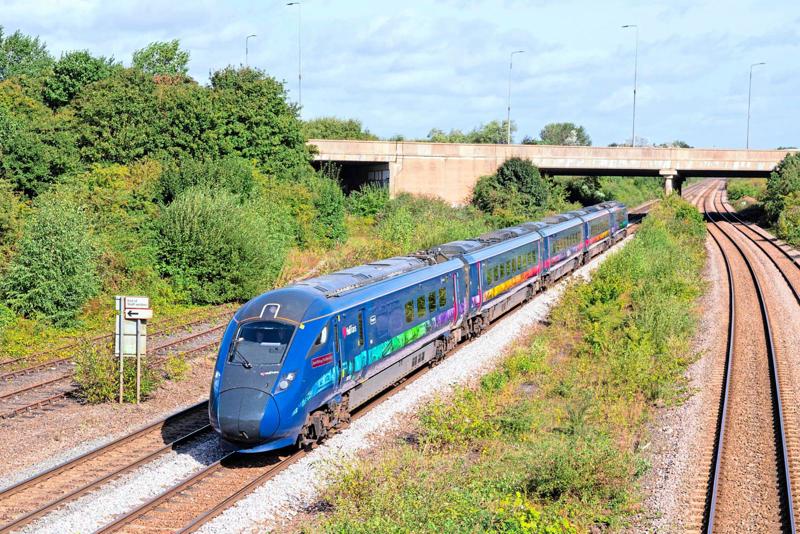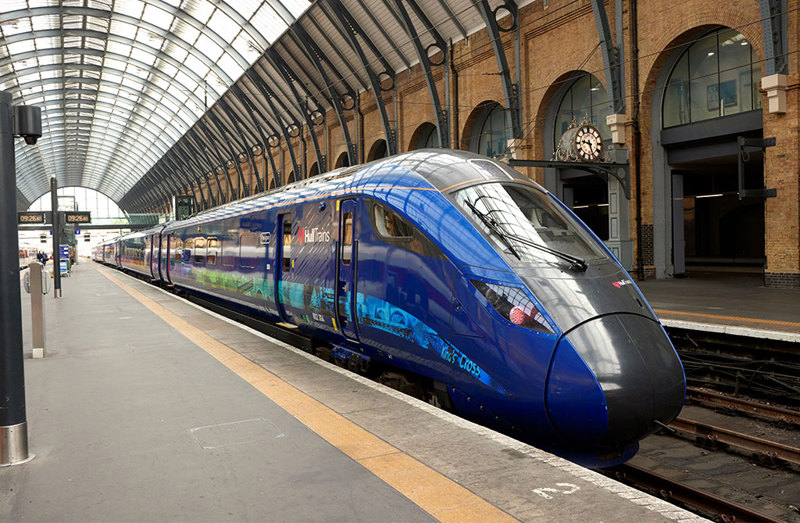
Open access operators have criticised Network Rail (NR) over its attitude towards applications submitted on two trunk routes.

Open access operators have criticised Network Rail (NR) over its attitude towards applications submitted on two trunk routes.
In strongly worded letters Wrexham, Shropshire and Midlands Railway has accused NR of opting to justify West Coast Main Line (WCML) performance failures rather than seeking to solve problems, while on the East Coast Main Line (ECML), Hull Trains has said NR is “resisting” a train path being introduced.
In final representations to WSMR’s plans for five trains a day via Shrewsbury, Walsall and Nuneaton, NR said WCML South did not have capacity and that WSMR and other applications could worsen the line’s performance. This led to NR saying it did not support the proposal.
Darren Horley, Mobilisation Director at Wrexham, Shropshire and Midlands Railway (WSMR) said the lack of support was “disproportionately blocking WSMR’s five trains per day from using available standard ‘Open Access’ hour paths it itself has identified and allocated in other hours to Stirling and Liverpool services”.
He went on: “This wholly ignored and contradicts two-plus years of extensive, collaborative work between WSMR and Network Rail train planners confirming these paths and their acceptable modelled performance.”
Horley also said Network Rail dismissed evidence provided to it and suggested “the scale of delay in providing its final position could be seen as a breach of its licence and considered discriminatory against WSMR”.
WSMR believes WCML South performance issues, highlighted by NR, are “easily rectifiable through joint, concentrated collaborating working between Network Rail and operators”, and “should not be a valid reason to reject additional services”.
The letter comes weeks after FirstGroup’s Head of Regulation & Open Access Contracts, Andy Wylie, said he had “never experienced such resistance from the infrastructure provider to a train path being introduced” in response to Hull Trains’ plans for additional an additional service each way.
NR only supports plans for an extra northbound train.

RAIL understands that the currently plan is for a pair of five-car units to arrive at King’s Cross at around 0845. After being split, one would return north around 30 minutes later with the other remaining until approximately 1045, meaning it would be in a platform for two hours.
During this time a Lumo service would arrive on the same platform and depart again.
Hull Trains wants the extra southbound service to arrive at around 1020 to allow it to run two five-car trains in each direction and not occupy a platform for two hours.
“The point-blank refusal to even consider the southbound working carried on for about a year,” Wylie wrote.
Describing it as a “struggle” to see NR progress on plan and the latest response, Wylie added it was “hard to escape the conclusion that NR has decided which trains to include” in the draft of the new ECML timetable being introduced in December.
He said this was based on NR’s idea of what it should contain “irrespective of the applied rights position of participants and irrespective of the need to produce options for the ORR (Office of Rail and Road) to consider as part of its decision on those rights”.
Wylie suggested NR was trying to make “facts fit their pre-determined position”.
WSMR and Hull Trains’ plans are just two the more than 80 unsupported applications submitted to ORR in recent months.
WSMR submitted its in March 2024, a month before the regulator issued a letter asking for track access bids for the timetable changes between December 2024 and December 2025 to be submitted the following month.
Network Rail has said the 82 applications received include nearly 6,000 access rights being sought, of which almost 4,000 interact on the East Coast Main Line and WCML.
One industry source told RAIL the ECML will be “effectively full from December”.
They said ORR and NR have traditionally dealt with a drip feed of applications “in sequence, allowing (planners) to them to consider what’s on the graph”.
Referring to the deluge of applications submitted last year, they added: “If you get 82 (track access) applications it’s really difficult to work out how they interact with each other.”
Network Rail told RAIL specialist planning teams have had to assess the varying applications, and it has a “legal duty to consider how all new applications affect network capacity and interact with other services”.
A spokesperson added: “On an increasingly congested network, the implications that additional services have on network performance are important too, as set out by the Secretary of State in her letter to the ORR. In this / these cases we have not been able to find a solution that would enable these services to run reliably, and therefore we do not support their inclusion in the timetable at this time.”
WSMR is hoping for an ORR decision in the near future.
Login to continue reading
Or register with RAIL to keep up-to-date with the latest news, insight and opinion.

















Toby Hart - 11/06/2025 08:41
When has Network Rail ever openly supported an Open Access application to run new services other than never? The company seems to have a default position of not being supportive and just seeks to defend this, often without rationality or objectivity. The company desperately needs reform - or even a dose of Reform UK's DOGE to rid it of its inefficient robotics.